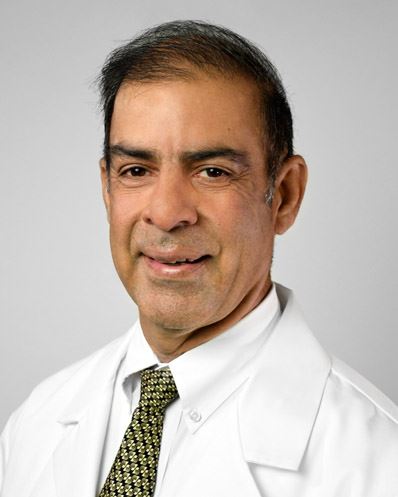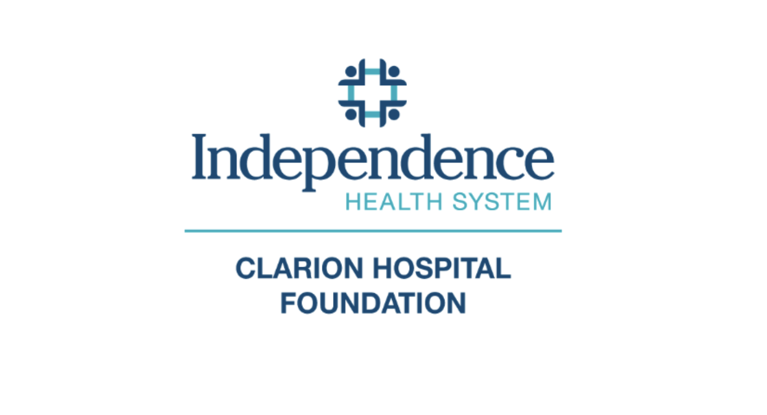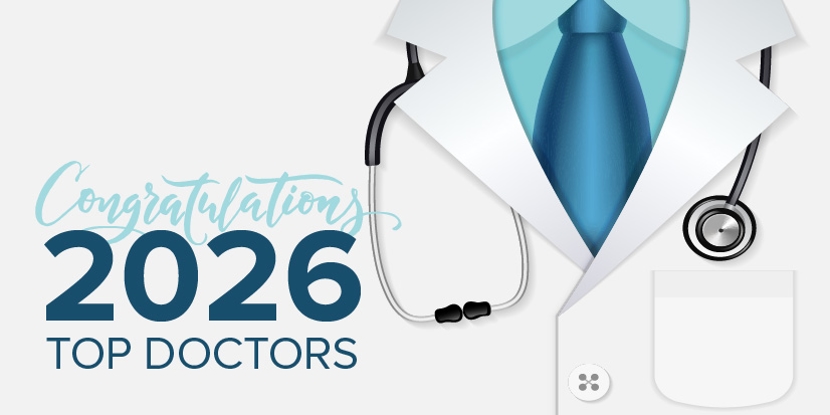Good Sleep And How To Achieve It
- Category: Blog, Sleep Medicine
- Posted On:
- Written By: Sanjiv Jethmalani, MD

Let’s face it: good sleep feels like it has become harder and harder to come by. Whether it’s stress, screen time, or underlying health issues, many people around the region, and beyond, are struggling to get the rest they need. In a recent conversation with a sleep specialist, some key insights came to light about what truly constitutes a “good night’s sleep,” and what we can do to reclaim it.
What Is Good Sleep?
Sleep is vital to life. While sleep needs can vary, most adults need between 7 to 9 hours of restful, uninterrupted sleep per night. We all need the physical and mental relaxation sleep provides — it’s crucial to our daytime function. Yet around 1 in 5 people don’t sleep well, and it’s affecting their physical and mental health in significant ways.
Why Can’t We Sleep?
Sleep issues can have many contributing factors. From everyday anxiety to medical conditions like insomnia or sleep apnea, the causes are wide-ranging. That’s why any good sleep evaluation starts with a thorough conversation. Before sending patients for any testing, we bring them to our clinic to have a comprehensive discussion with them about their sleep, including their sleep patterns. During that conversation, our goal is to figure out what the underlying problem may be. Determining a potential cause provides the structure for how to proceed. Doctors want to understand your sleep habits before jumping into a sleep study. Sometimes, issues can be solved by talking about sleep hygiene and some of the other things that we can do to improve sleep patterns. If that is not enough, we may proceed with a sleep study, a valuable tool for diagnosing conditions like sleep apnea.
The Evolution of Sleep Studies
A lot of people have anxiety in unfamiliar settings, and during a traditional sleep study, you are being studied trying to sleep in an unfamiliar lab environment while hooked up to wires and electrodes. It’s totally understandable that some people don’t get their best sleep in this situation, but even despite that, doctors can get good sleep data to know if the patient has a serious disorder like sleep apnea. Although in-lab studies are still sometimes necessary, especially for patients with underlying medical issues, there are other options. Home sleep studies have made diagnosis more accessible and comfortable than ever. These studies allow patients to sleep in their own beds at home while data is collected by a device that then shares the data with the doctor for analysis.
CPAP Isn’t the Only Option
CPAP machines are the gold standard for treating sleep apnea, and they are an easy solution for a lot of people. Many patients who use them feel significantly better, to the point where they insist they will never go a night without using it. But for those who may be claustrophobic or otherwise adverse to using a CPAP, they are not the only solution. Some alternatives include:
- Oral appliance therapy: Custom dental devices that reposition the jaw to help maintain airways.
- Inspire therapy: A surgically implanted device that innervates a nerve that keeps the airway open during sleep.
- Behavioral interventions: Cognitive Behavioral Therapy for Insomnia (CBT-I), weight management, relaxation techniques, and sleep hygiene education.
Not every option is right for every person, but they can be discussed with a doctor.
Sleep Hygiene: The Basics Matter
Perhaps the most powerful and overlooked tool is sleep hygiene. Regardless of the underlying condition, proper sleep hygiene is critical to effective treatment and better sleep. Some key strategies include:
- Maintaining a consistent sleep-wake schedule
- Creating a dark, cool, quiet sleep environment
- Avoiding stimulants (e.g., caffeine, nicotine) and depressants (e.g., alcohol) before bedtime
- Limiting exposure to electronic devices, especially before sleep
- Even habitual behaviors like “doomscrolling” — excessive nighttime use of smartphones — have been shown to delay sleep onset and increase arousal.
In short, sleep isn’t just about shutting your eyes. It’s about creating an environment and routine that welcomes rest. And for many, it's time to take sleep seriously.
If you think a sleep study may help you, talk to your primary care physician to start the process.

Dr. Sanjiv Jethmalani is a Pulmonary Disease & Sleep Medicine Physician in the Westmoreland Area. This blog is based off of an interview he did with KDKA Radio in July 2025. Listen to the interview here.

.jpg)

